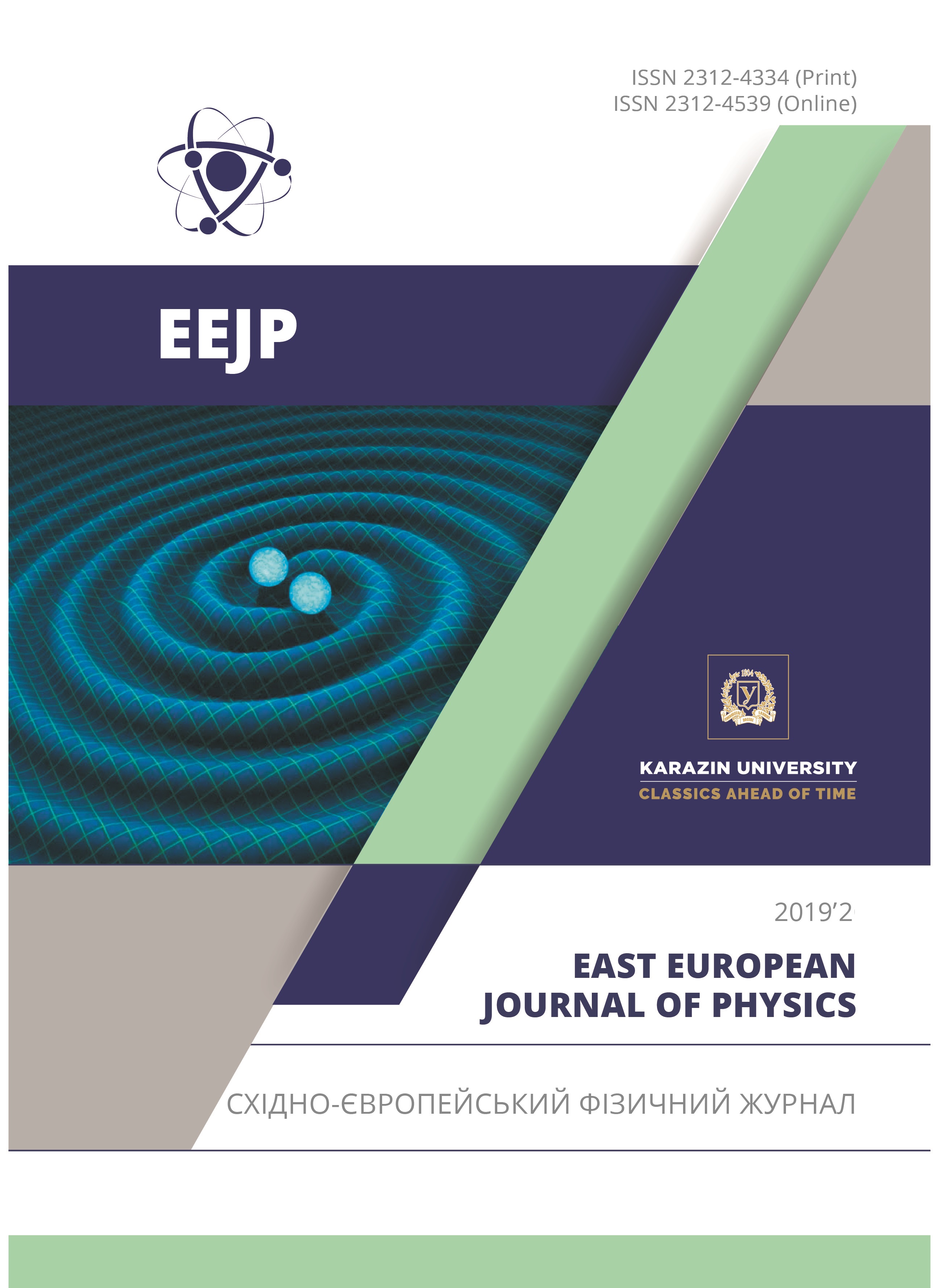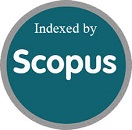Formalization of Cognition Process as an Additional Component Responsible for Development of Theoretical Physics
Abstract
Theoretical physics has attained stage when new methodological approaches should be taken into considerations. In particular they should introduce larger discipline in theoretical speculations. In this paper one introduces concept of cognition manifold as methodological framework for development of description of reality by theoretical physics with the aid of theoretical speculations. One assumes that this is a way for constructing fundamental and universal physical theories. The cognition manifold is composed of basis which represents models of our space as a medium and bres representing models of processes in corresponding space. Models are based on accessible experimental results and also on new assumptions and hypotheses obtained by theoretical speculations. In order to maintain dyscipline in these speculations one considers status of assumptions and theories spanned on cognition manifold as a function defined on elements of fibres. One accentuates importance of selforganizing reasoning as more appropriate for recognition of reality in comparison with precise pure mathematical proof. One considers also proof with respect to reality. This paper is considered as an attempt to formalization of cognition process what is manifested by three main components: cognition manifold, status of assumptions and theories and concept of selforganizing reasoning.
Downloads
References
J. Kaczmarek, On methodology of constructing of physical theories, Journal of Pure and Applied
Mathematics: Advances and Applications, 15, 1, 23-60, (2016).
J. Kaczmarek, On emergence of intelligence in biological systems and methods of modelling of reality necessary for development of theoretical biology, Far East Journal of Applied Mathematics, 75, 2, 101-150, (2013). (Nr rej. 229/2013)
K. Popper, The Logic of Scienti_c Discovery, Taylor and Francis e-Library ed., (2005).
T.S. Kuhn, The Structure of Scienti_c Revolutions, University of Chicago Press, (1962).
J. Kaczmarek, A method of multiscale modelling considered as a way leading to uni_ed mechanics of materials, Acta Machanica 226, 14191443, (2015), DOI 10.1007/s00707-014-1261-7.
J. Kaczmarek, Concept of the chain state of particles with the same charge, Advanced Studies in Theoretical Physics, 3, 1-4, 13-33, (2009).
J. Kaczmarek, On the role of the electronic chain state for evolution of molecular systems leading to a protocell, Advanced Studies in Theoretical Physics, 4, 9, 413-435, (2010).
J. Kaczmarek, Surface superuidity property as a mechanism responsible for rotation of the electron, Advanced Studies in Theoretical Physics, 6, 28, 1355-1369 (2012).
J. Kaczmarek, On structural classi_cation of elementary particles within vacuum medium mechanics, Malaysian Journal of Physics, Vol. 36, No 1, 1-19, (2014).
J. Kaczmarek, Problems Associated with Transferring of Engineering to Small Scale – Towards Theoretical Nanotechnology, Acta Physica Polonica A, 6, 1295-1323, 130, (2016).
J. Kaczmarek, On a general formulation of theoretical biophysics which accentuates dominant role of dynamics of processes over structures within biological systems, submitted.
Carl Gillett, Reduction and emergence in science and philosophy, Cambridge University Press (2016).
Hildegard Meyer-Ortmanns, On the Success and Limitations of Reductionism in Physics, in B. Falkenburg and M. Morrison (eds.), Why More Is Di_erent, Springer-Verlag Berlin Heidelberg (2015).
Joana Rigato, Looking for Emergence in Physics, Firenze University Press, (2017).
J. Kaczmarek, Speculative mechanics: a concept for modelling the vacuum medium, Phys. Essays, 12, 4, 709-732, (1999).
J. Kaczmarek, Processes related to black hole state described within four-component vacuum medium model, Advanced Studies in Theoretical Physics, 3, 1-4, 35-63, (2009).
J. Kaczmarek, A prototype model of the free neutrino, Advanced Studies in Theoretical Physics, 2, 5-8, 13-33, (2008).
J. Kaczmarek, A model of electric _eld in the vicinity of charged particle, Advanced Studies in Theoretical Physics, 7, 24, 1165-1187, (2013).
J. Kaczmarek, Arguments supporting model of three-positron structure of the proton, Advanced Studies in Theoretical Physics, 5, 2, 63-75 (2011).
E.van Beveren, G. Rupp, Material evidence of a 38 MeV boson, arXiv:1202.1739 [hep-ph].
Kh.U. Abraamyan, A.B. Anisimov, M.I. Baznat, K.K. Gudima, M.A. Nazarenko, S.G. Reznikov and A.S. Sorin, Observation of the E(38)-boson, arXiv, (2012).
W.A. Pogorzelski, Classical functional calculus, PWN Warszawa (1981).
W. Balzer, C.U. Moulines, J.D. Sneed, An architectonic for science. The Structuralist Program, by D. Reidel Publishing Company (1987).
I. Niiniluoto, Is science progressive, Springer Science+Business Media Dordrecht, (1984).
Copyright (c) 2019 Jaroslaw Kaczmarek

This work is licensed under a Creative Commons Attribution 4.0 International License.
Authors who publish with this journal agree to the following terms:
- Authors retain copyright and grant the journal right of first publication with the work simultaneously licensed under a Creative Commons Attribution License that allows others to share the work with an acknowledgment of the work's authorship and initial publication in this journal.
- Authors are able to enter into separate, additional contractual arrangements for the non-exclusive distribution of the journal's published version of the work (e.g., post it to an institutional repository or publish it in a book), with an acknowledgment of its initial publication in this journal.
- Authors are permitted and encouraged to post their work online (e.g., in institutional repositories or on their website) prior to and during the submission process, as it can lead to productive exchanges, as well as earlier and greater citation of published work (See The Effect of Open Access).








